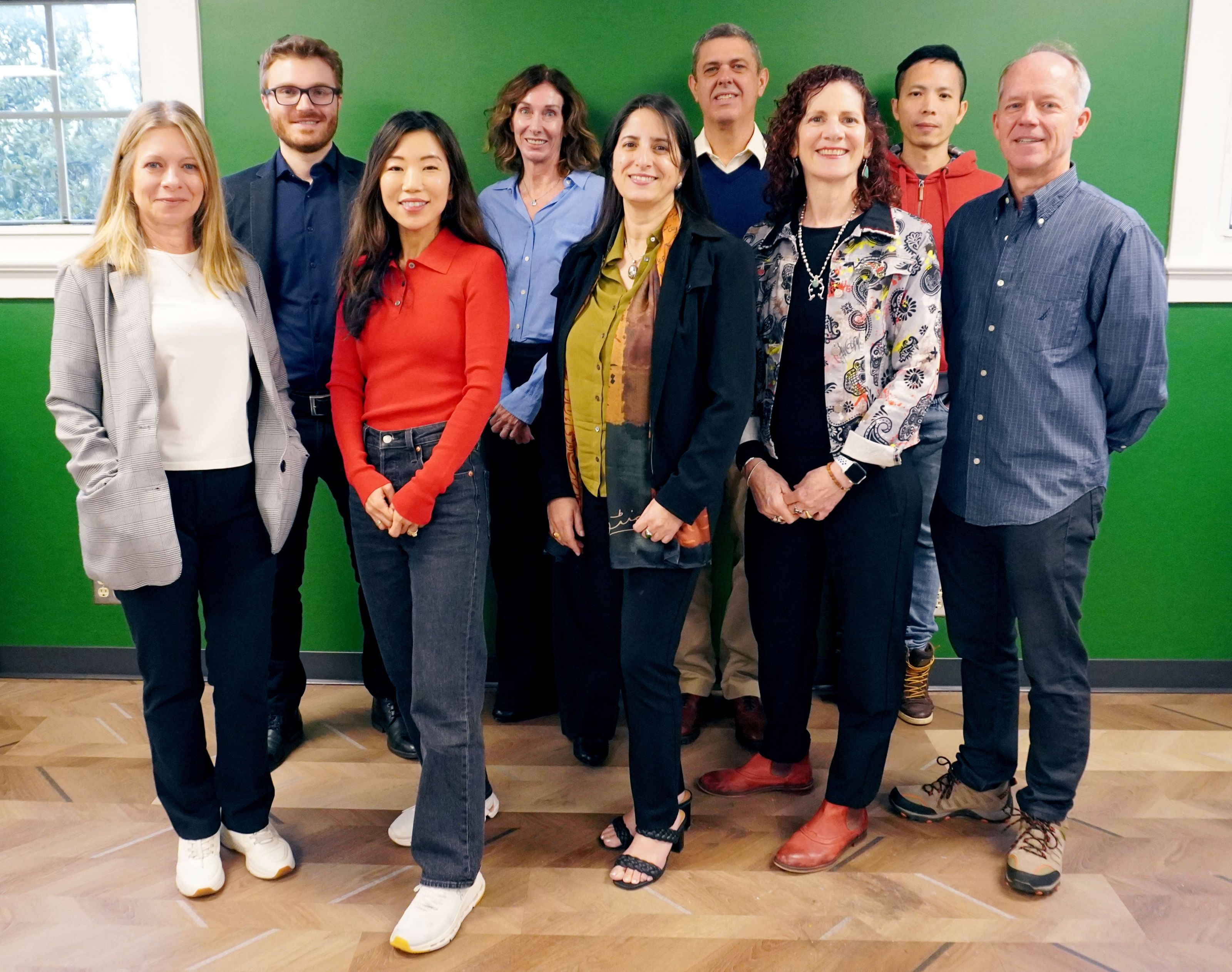About Us
 The Linguistics Department introduces its undergraduate students to the core areas
and methodologies of Linguistics, including phonetics and phonology, morphology, syntax,
semantics, and pragmatics, as well as specialized areas such as computational linguistics,
historical linguistics, language documentation, language variation, language and law,
politics of language, and more.
The Linguistics Department introduces its undergraduate students to the core areas
and methodologies of Linguistics, including phonetics and phonology, morphology, syntax,
semantics, and pragmatics, as well as specialized areas such as computational linguistics,
historical linguistics, language documentation, language variation, language and law,
politics of language, and more.
The Department’s research-based graduate programs delve deeper into the areas above
and prepare students for advanced work in Linguistics and connected disciplines. We
aim to inspire the next generation of linguists to excel in both academia and diverse
professional employment settings.
Research Strengths
-
-
-
-
-
-
-
-
-
- Computational Linguistics
- Documenting Endangered Languages
- Germanic Linguistics
- Language Variation and Change (Especially in Texas Dialects of English)
- Pragmatics
- Syntax and Semantics
- Teaching English to Speakers of Other Languages (TESOL)
-
-
-
-
-
-
-
-